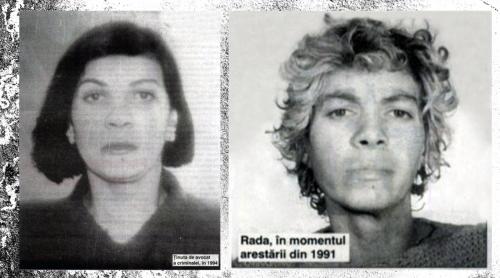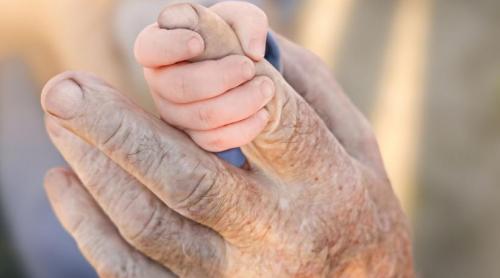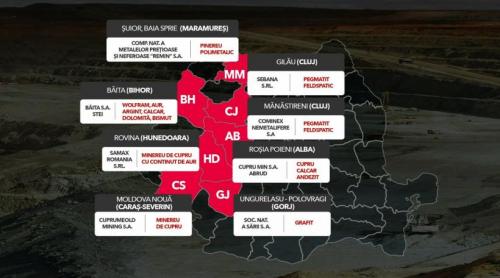
About 350 people from the village of Rau de Mori, in Romania, Hunedoara County, live now in make-shift shelters and mobile homes on the outskirts of Turin, Italy, some 800 meters from the cityâs Orbassano district.
 |
On the outskirts of Turin, Italy, some 300 Gypsies, or Roma, from the Rau de Mori village in Romania, set camp after the countryâs accession to the European Union on |
About 350 people from the village of Rau de Mori, in Romania, Hunedoara County, live now in make-shift shelters and mobile homes on the outskirts of Turin, Italy, some 800 meters from the cityâs Orbassano district.
Seven years ago they were about ten people in the colony of Gypsies; last year some 100 people had left their village in Romania, and the rest joined the group after the countryâs accession to the European Union on January 1st. In the Rau de Mori village live now only six families, the elderly, and those undocumented. The Gypsies in the colony in Turin said they tried to find work, but could not, so they had to beg in order to support themselves.
Horia Munteanu came to Turin a few days after celebrating the 2007 New Year back home, in Romania.
"I took my family and came here, where we had relatives already located. We live here together, as we did back home, only better. Even if we are far away from home we do not miss our dear ones, because we are all in one place. I wanted to come earlier, but I had no passport. So, it made a difference that after January 1st we could come to Italy using only our Romanian IDs. We are in all 350 people here, all from Rau de Mori," said Munteanu. Patru Gaman explained that "People back home lived on social security. But how could one live on 80 lei ssome 23 eurost a month!? We make a living here begging at street corners and earn up to 60 euros per day." The average earning from begging goes to some 30 euros daily, which led the Gypsies conclude that the Italians are more generous than the Romanians.
Translated by ANCA PADURARU
Citește pe Antena3.ro

















